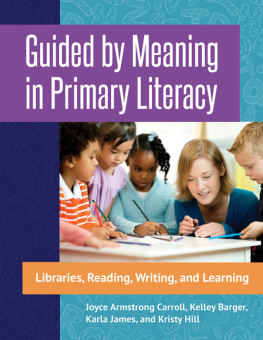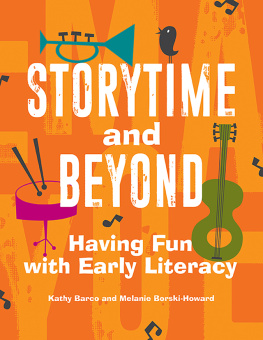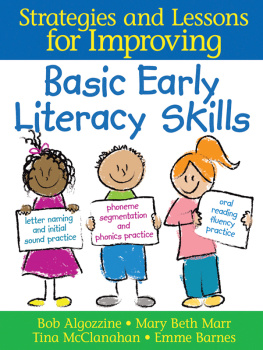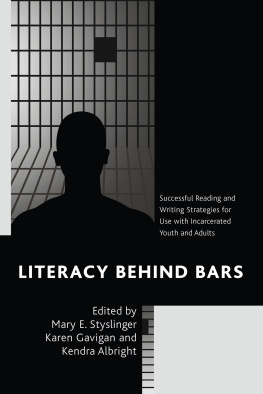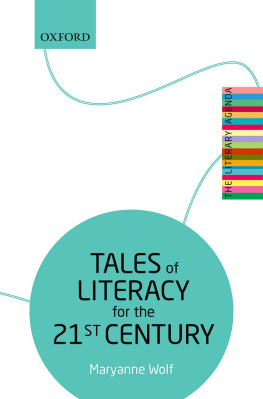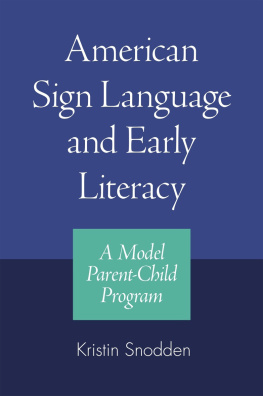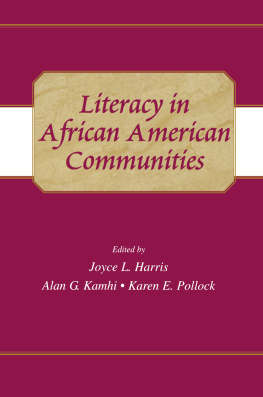Jodi Schorb - Reading Prisoners: Literature, Literacy, and the Transformation of American Punishment, 1700-1845
Here you can read online Jodi Schorb - Reading Prisoners: Literature, Literacy, and the Transformation of American Punishment, 1700-1845 full text of the book (entire story) in english for free. Download pdf and epub, get meaning, cover and reviews about this ebook. year: 2014, publisher: Rutgers University Press, genre: Home and family. Description of the work, (preface) as well as reviews are available. Best literature library LitArk.com created for fans of good reading and offers a wide selection of genres:
Romance novel
Science fiction
Adventure
Detective
Science
History
Home and family
Prose
Art
Politics
Computer
Non-fiction
Religion
Business
Children
Humor
Choose a favorite category and find really read worthwhile books. Enjoy immersion in the world of imagination, feel the emotions of the characters or learn something new for yourself, make an fascinating discovery.

- Book:Reading Prisoners: Literature, Literacy, and the Transformation of American Punishment, 1700-1845
- Author:
- Publisher:Rutgers University Press
- Genre:
- Year:2014
- Rating:5 / 5
- Favourites:Add to favourites
- Your mark:
Reading Prisoners: Literature, Literacy, and the Transformation of American Punishment, 1700-1845: summary, description and annotation
We offer to read an annotation, description, summary or preface (depends on what the author of the book "Reading Prisoners: Literature, Literacy, and the Transformation of American Punishment, 1700-1845" wrote himself). If you haven't found the necessary information about the book — write in the comments, we will try to find it.
Looking first at colonial America--an era often said to devalue jailhouse literacy--Jodi Schorb reveals that in fact this era launched the literate prisoner into public prominence. Criminal confessions published between 1700 and 1740, she shows, were crucial literacy events that sparked widespread public fascination with the reading habits of the condemned, consistent with the evangelical revivalism that culminated in the first Great Awakening. By centurys end, narratives by condemned criminals helped an audience of new writers navigate the perils and promises of expanded literacy.
Schorb takes us off the scaffold and inside the private world of the first penitentiaries--such as Philadelphias Walnut Street Prison and New Yorks Newgate, Auburn, and Sing Sing. She unveils the long and contentious struggle over the value of prisoner education that ultimately led to sporadic efforts to supply prisoners with books and education. Indeed, a new philosophy emerged, one that argued that prisoners were best served by silence and hard labor, not by reading and writing--a stance that a new generation of convict authors vociferously protested.
The staggering rise of mass incarceration in America since the 1970s has brought the issue of prisoner rehabilitation once again to the fore. Reading Prisoners offers vital background to the ongoing, crucial debates over the benefits of prisoner education.
Jodi Schorb: author's other books
Who wrote Reading Prisoners: Literature, Literacy, and the Transformation of American Punishment, 1700-1845? Find out the surname, the name of the author of the book and a list of all author's works by series.

